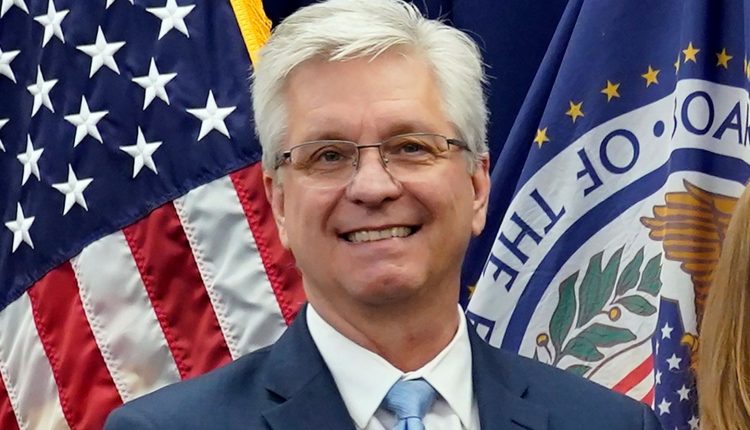Fed’s Waller warns tariff shock poses major risk to US economy, complicates policy path
US Federal Reserve Governor Christopher J. Waller said on Monday the recent spike in US tariffs has created significant uncertainty around the economic outlook and may force the central bank to reassess its policy stance in the coming months.
In a wide-ranging speech, Waller outlined two potential scenarios that could shape monetary policy depending on how trade developments unfold. The first assumes the newly announced tariffs remain high and long-lasting, while the second envisions a rollback as part of successful trade negotiations.
“The tariff increases announced April 2 were dramatically larger than I anticipated, adding on to other tariffs announced in March, along with retaliatory actions from some countries.” Waller said.
“Combining all of these actions to date, it is clear that tariffs this large and broadly applied could significantly affect the economy and the Federal Open Market Committee’s (FOMC) pursuit of our economic objectives.”
“Tariffs are the elephant in the room, so let’s talk about them.”
Waller emphasised that the US economy had been on solid footing in early 2025, despite a modest slowdown in GDP growth. Strong labour market data and recent signs of easing inflation had supported a cautious, data-driven approach to policy. However, he acknowledged that the landscape changed dramatically with the sudden surge in trade barriers.
Under a “large tariff” scenario, where average import duties hold near 25 per cent through 2027, Waller said the economic consequences could be severe. He warned of significantly slower growth, reduced investment, rising unemployment, and a temporary spike in inflation.
“If underlying core PCE inflation were to continue at its estimated 12-month pace of 2.7 per cent in March, that would mean inflation could reach a peak close to 5 per cent,” he said. “Even if the tariffs were only partially passed on to consumers, inflation could move up to around 4 per cent.”
Still, Waller argued that any inflation surge would be transitory, likening his reasoning to a football analogy: “You are the Philadelphia Eagles and it is fourth down… Since it didn’t work out the way you expected, does that mean you shouldn’t call for the Tush Push the next time… I don’t think so.”
If inflation expectations remain anchored, Waller suggested the Fed could “look through” temporary price pressures and cut rates to cushion a sharp downturn—a scenario he dubbed “bad news” rate cuts.
In contrast, a “smaller tariff” scenario, where duties gradually fall back to an average of 10 per cent, would have more muted effects on growth and inflation. Waller said this path could preserve room for “good news” rate cuts later this year, assuming inflation continues its downward trend and trade disruptions ease.
“… the new tariff policy is one of the biggest shocks to affect the US economy in many decades,” Waller said. “This makes the outlook… highly uncertain and demands that policymakers remain flexible.”
While Waller did not forecast which scenario is more likely, he made clear that the Federal Reserve’s response will depend on the evolving balance of risks.
“In the end,” he concluded, “the United States is a dynamic, resilient capitalist system that responds well to shocks and always has. I suspect that will continue to be the case now.”
Attribution: Amwal Al Ghad English


